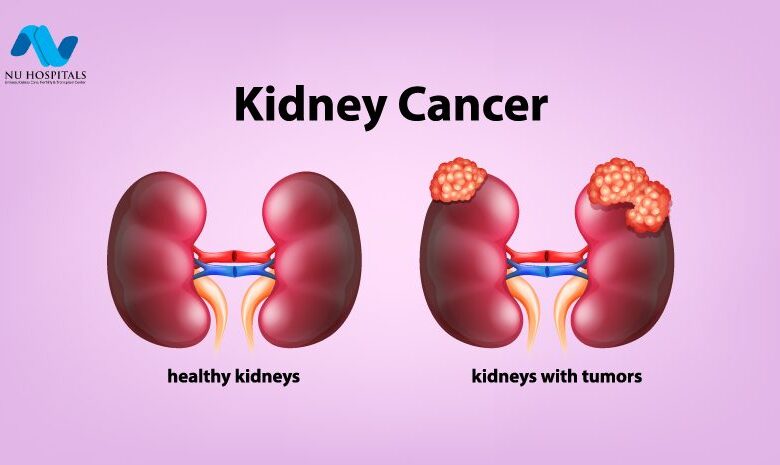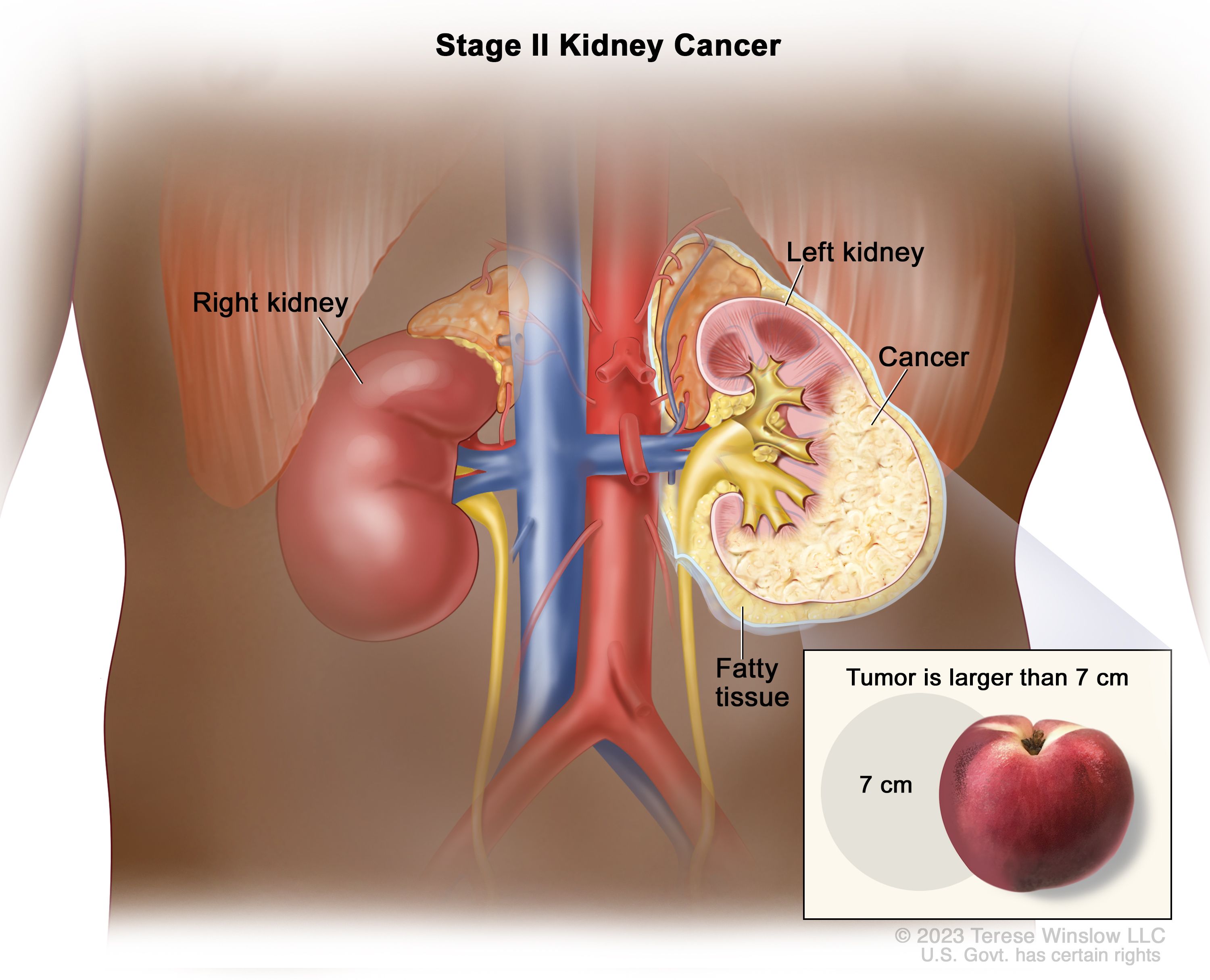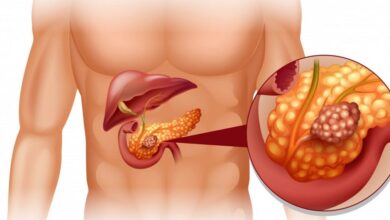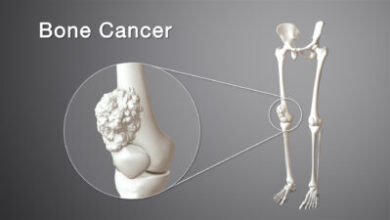Understanding Kidney Cancer: Causes, Symptoms, Diagnosis, and Treatment

Kidney cancer, also known as renal cancer, is a type of cancer that originates in the kidneys, two vital organs responsible for filtering waste from the blood and producing urine. While kidney cancer can develop in any part of the kidney, the most common form is renal cell carcinoma (RCC). In this article, we’ll explore the causes, symptoms, diagnostic processes, and available treatments for kidney cancer, providing you with a comprehensive understanding of this serious health condition.
What Is Kidney Cancer?
Kidney cancer occurs when cells in the kidney grow uncontrollably, forming a tumor. This growth can spread to other parts of the body, including the lungs, bones, or liver. The kidneys, located at the back of the abdomen, are crucial organs in filtering toxins and waste from the bloodstream, regulating blood pressure, and balancing fluid levels in the body.
Kidney cancer can be classified into different types, the most common of which is renal cell carcinoma (RCC), accounting for about 85% of kidney cancer cases. Other types include transitional cell carcinoma, Wilms’ tumor (more common in children), and renal sarcomas, which are rare. RCC generally starts in the lining of tiny tubes in the kidney, which are responsible for filtering blood and producing urine.
Causes and Risk Factors of Kidney Cancer

The exact cause of kidney cancer remains largely unknown, but several risk factors can increase a person’s chances of developing this disease. Some of these factors are modifiable, while others are not. Understanding these risk factors can help in early detection and prevention.
1. Genetic Factors
Certain genetic conditions can make individuals more susceptible to kidney cancer. One of the most well-known genetic factors is von Hippel-Lindau disease, a rare inherited disorder that causes abnormal blood vessel growth and increases the risk of various cancers, including kidney cancer. In some cases, inherited mutations in specific genes can predispose individuals to RCC.
2. Smoking
Cigarette smoking is one of the most significant modifiable risk factors for kidney cancer. Studies show that smokers are more likely to develop kidney cancer than non-smokers, and the risk increases with the number of cigarettes smoked. Smoking damages the kidneys and affects the body’s ability to filter toxins, leading to the development of cancerous cells.
3. Obesity and High Blood Pressure
Being overweight or obese significantly increases the risk of developing kidney cancer. Excess fat can lead to changes in hormone levels, which may promote cancer cell growth in the kidneys. Similarly, high blood pressure (hypertension) is linked to kidney damage, creating an environment conducive to cancer formation. People with hypertension or those taking medications for high blood pressure may have a higher risk.
4. Exposure to Toxins
Certain environmental toxins, such as asbestos, cadmium, and some industrial chemicals, are linked to an increased risk of kidney cancer. People working in industries where they are exposed to these toxins may be at a higher risk for developing kidney cancer.
5. Family History
A family history of kidney cancer can increase the risk of developing the disease. If a close relative, such as a parent or sibling, has been diagnosed with kidney cancer, the likelihood of developing the condition may be higher due to shared genetic factors.
Symptoms of Kidney Cancer
Kidney cancer may not show noticeable symptoms in its early stages. However, as the disease progresses, several symptoms may appear, indicating the need for medical evaluation.
1. Blood in Urine (Hematuria)
One of the most common symptoms of kidney cancer is hematuria, or the presence of blood in the urine. This can manifest as either visible red or pink urine or microscopic blood that can only be detected through a urine test. Blood in the urine may not always be associated with kidney cancer, but it is a red flag that requires prompt medical attention.
2. Pain in the Back or Side
As the tumor grows, it may cause pain in the back or side, particularly under the ribs. This pain can range from mild discomfort to more severe, persistent pain. This symptom is often present in advanced stages of kidney cancer, and it can sometimes be confused with pain caused by other conditions, such as muscle strain or kidney stones.
3. Unexplained Weight Loss and Fatigue
Unexplained weight loss, along with persistent fatigue, can be signs of kidney cancer. These symptoms are typical of many cancers and may occur as the tumor interferes with normal bodily functions. If weight loss is significant and unexplained by diet or exercise changes, it may warrant further investigation.
4. Fever and Swelling
Fever that doesn’t seem to have any other cause can be a symptom of kidney cancer. Additionally, the presence of a swollen abdomen or legs, especially in advanced stages, may occur if the cancer has spread or if it is causing fluid retention. These signs should not be ignored, especially if they are persistent and unexplained.
Diagnosis of Kidney Cancer
Early detection of kidney cancer greatly increases the chances of successful treatment. Since symptoms in the early stages can be subtle or mistaken for other conditions, it is essential to seek medical advice if any of the warning signs mentioned above are present.
1. Physical Examination
A healthcare provider will begin by performing a thorough physical examination, which may include checking for lumps or swelling in the abdomen or back. If the physician suspects kidney cancer, they may recommend imaging tests to further investigate.
2. Imaging Tests
Imaging tests are crucial in diagnosing kidney cancer. These tests can help identify the size, location, and extent of the tumor. Common imaging tests used in kidney cancer diagnosis include:
- Ultrasound: A non-invasive test that uses sound waves to create images of the kidneys. It is often the first test performed if kidney cancer is suspected.
- CT Scan (Computed Tomography): A detailed imaging technique that provides a 3D view of the kidneys, allowing doctors to assess the size and spread of the tumor.
- MRI (Magnetic Resonance Imaging): An MRI may be used to get clearer images of the kidneys and surrounding tissues, particularly if there is a need for more detail than a CT scan can provide.
3. Biopsy
In some cases, a kidney biopsy may be performed to confirm the diagnosis. During a biopsy, a small sample of kidney tissue is removed using a needle and examined under a microscope for the presence of cancerous cells. This step is usually done if imaging tests provide inconclusive results or if the tumor’s characteristics are unclear.
Treatment Options for Kidney Cancer
Once diagnosed, the treatment for kidney cancer depends on the tumor’s size, location, and stage. Several treatment options are available, each with its own benefits and risks. Treatment may involve surgery, targeted therapy, immunotherapy, or a combination of these approaches.
1. Surgery
Surgery is the primary treatment for kidney cancer, especially in the early stages. The goal of surgery is to remove the tumor and prevent the cancer from spreading. There are two main types of surgeries for kidney cancer:
- Radical Nephrectomy: This procedure involves the removal of the entire kidney, along with surrounding tissues and lymph nodes, if necessary. It is typically recommended for larger tumors or when cancer has spread beyond the kidney.
- Partial Nephrectomy: If the tumor is small and confined to one part of the kidney, a partial nephrectomy may be performed. This surgery removes only the tumor and preserves as much healthy kidney tissue as possible.
2. Targeted Therapy
Targeted therapy is a treatment that focuses on blocking the growth of cancer cells by targeting specific proteins or genes involved in tumor growth. For kidney cancer, drugs like tyrosine kinase inhibitors (TKIs) and mTOR inhibitors are commonly used to slow the progression of the disease and reduce the risk of metastasis. Targeted therapy is often recommended for advanced kidney cancer when surgery is no longer effective.
3. Immunotherapy
Immunotherapy aims to strengthen the body’s immune system to fight cancer. This treatment uses drugs that help the immune system recognize and attack cancer cells. Checkpoint inhibitors, a type of immunotherapy, have shown promising results in treating advanced kidney cancer. These drugs work by blocking the proteins that prevent immune cells from attacking the tumor.
4. Radiation Therapy
Radiation therapy may be used as an adjunct treatment for kidney cancer, particularly if the cancer has spread to other areas of the body. It is not commonly used to treat the primary tumor but may be effective in reducing pain or symptoms in patients with advanced disease.
5. Chemotherapy
Chemotherapy is generally not very effective for treating kidney cancer, but it may be used in certain cases where other treatments have failed. Chemotherapy drugs kill rapidly dividing cells, but kidney cancer cells are often resistant to chemotherapy.
Conclusion
Kidney cancer is a serious and potentially life-threatening condition, but with early detection and the right treatment plan, many patients can experience positive outcomes. Understanding the causes, recognizing the symptoms, and seeking prompt medical attention are key to improving survival rates. Advances in treatment, including surgery, targeted therapy, and immunotherapy, offer hope for those diagnosed with kidney cancer, even in advanced stages. If you have any risk factors for kidney cancer or notice any potential symptoms, it’s essential to consult with a healthcare professional to receive a proper diagnosis and explore available treatment options.



